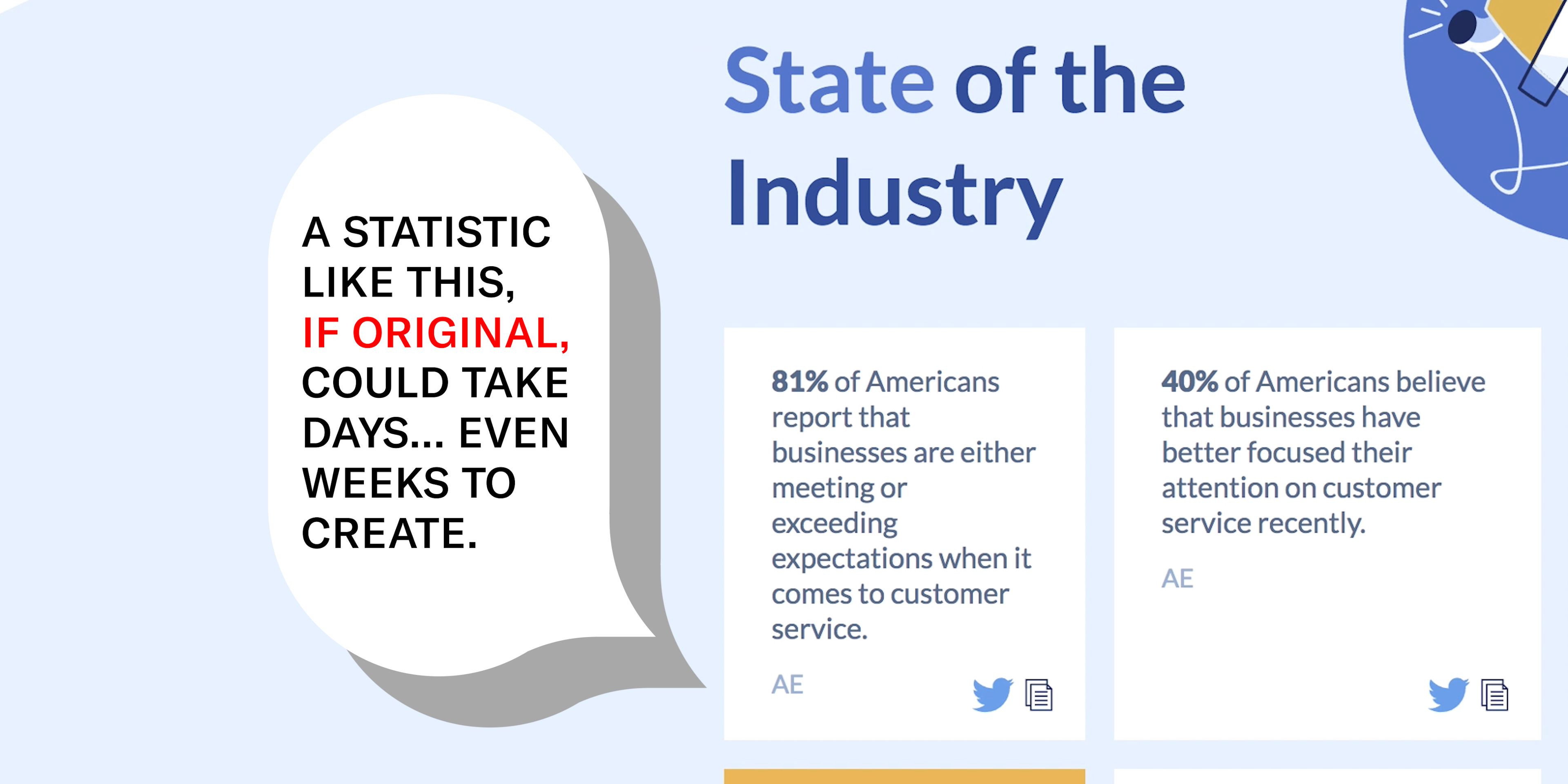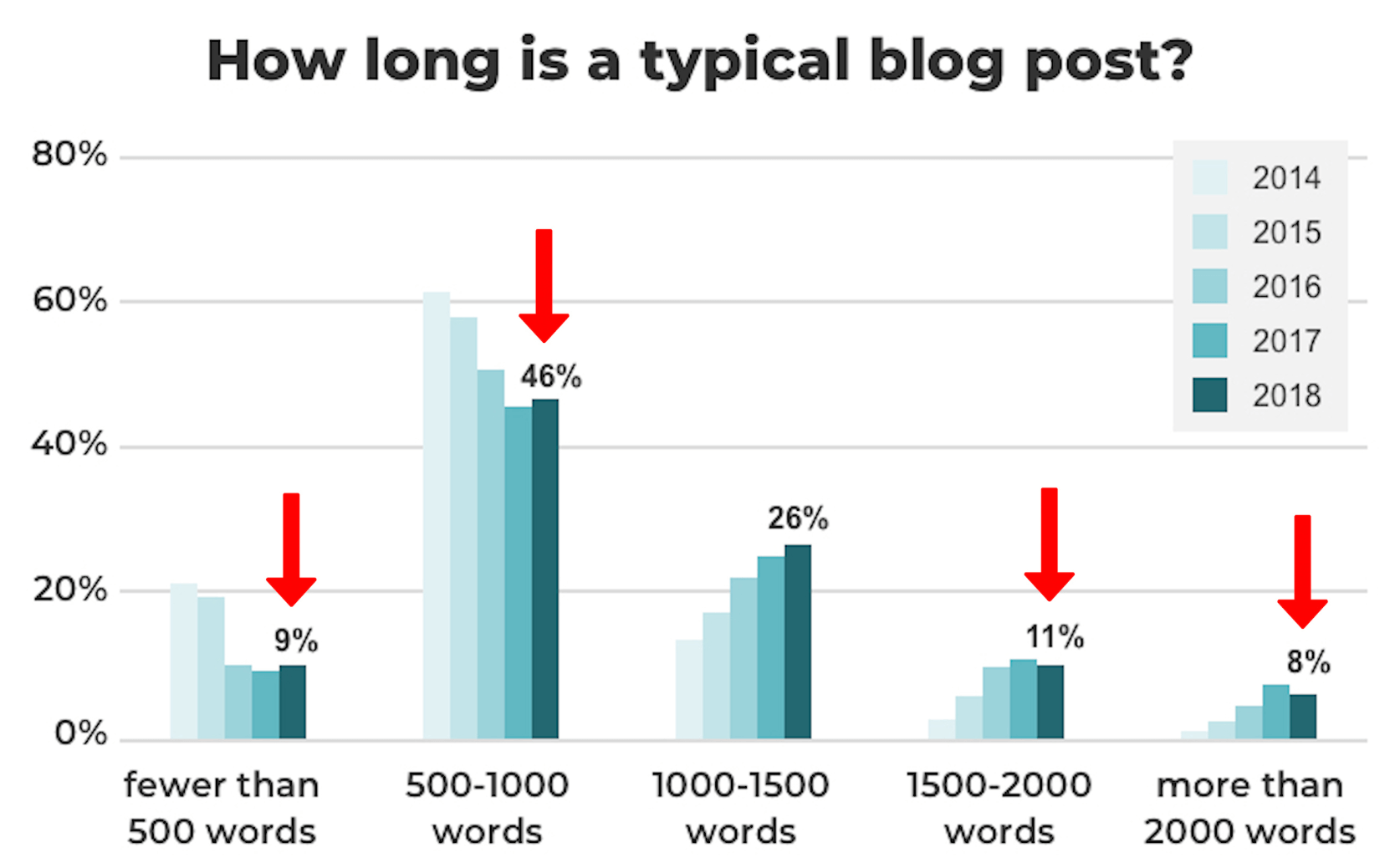Several studies show that content length helps with ranking on Google. However, this is a surface level, correlative analysis.
Hi, I’m Ross, founder of Webcore Hub. Today, I want to talk about why you should think about content density instead of content length.
So, sometimes in a pitch situation for new clients with us, they say, “What is the average content length of the content you put out? We’re paying for something. It should be 2,000, 3,000 words, what have you. That makes sense to me, right?” And actually, my response is “No.”
In today’s content marketing world, what matters more is density instead of length. What I mean by that is a lot of people will just make 2,000-4,000-word posts and they’re not of any value. They just think they have to meet this arbitrary number, while actual quality can be seen and can be felt in a small amount of words in a small section.

That is dense. It’s not thousands and thousands of words but it’s that kind of content and that kind of copy that is more engaging on average than 3,000 words. It’s possible to hold people through the 3,000 words and yes, that may tangentially help SEO.
But if you build something that truly engages them to the end or that they are satisfied with, and is dense because of that content marketing sophistication around it, around the quality rather than just the quantity of your words, I think you will actually perform better on average.
So, I think in good content marketing campaign, and this is actually reflected in a new study by Orbit Media on blogging performance, people are starting to realize that content length is not the goal.

The numbers have come back down in terms of average length that people are publishing, I believe because people are starting to become more aware that Quick Answers matter and long-form doesn’t always perform better.
It’s more about density. It’s the rich media that makes it great. And also the research and time around every word that you put out rather than just thinking you have to put thousands of words on the internet.
So, hopefully, this helped you flip your switch around content marketing and content density versus content length. If you have any thoughts, I’d love to hear them in the comments.


